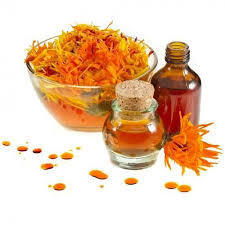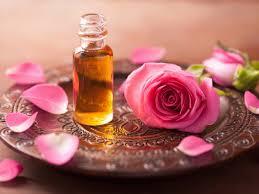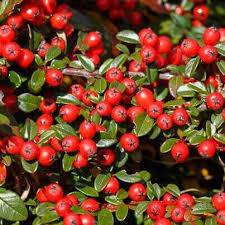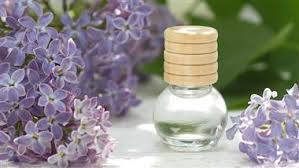
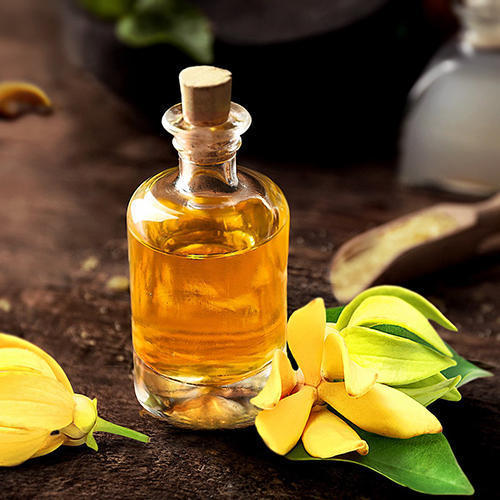
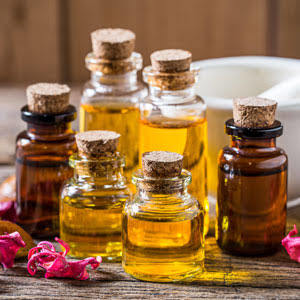
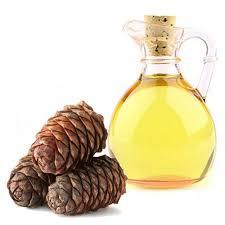
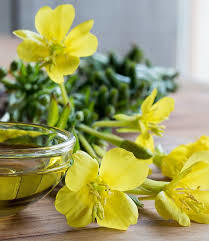
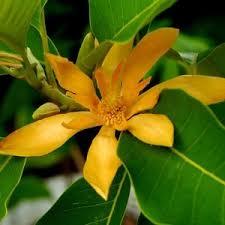
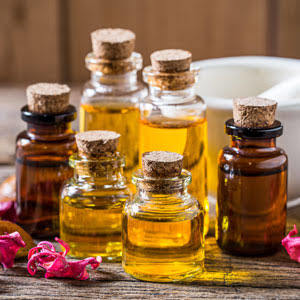
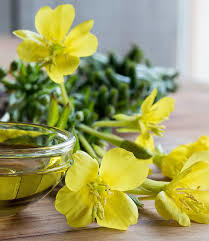
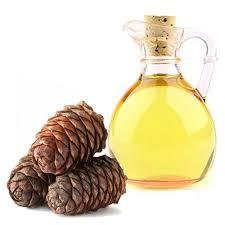
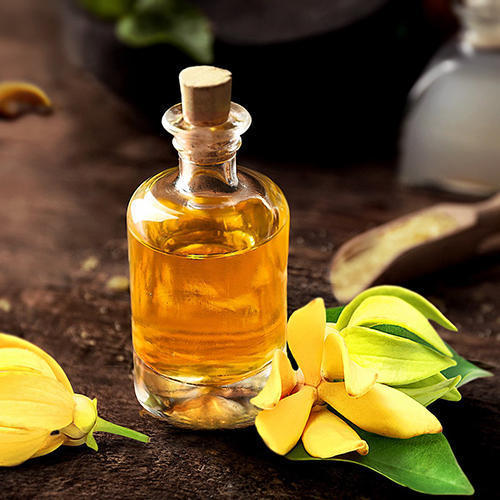
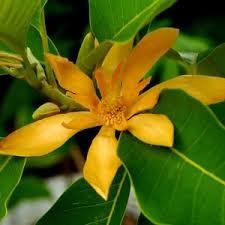
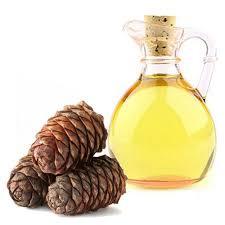
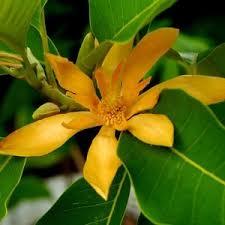
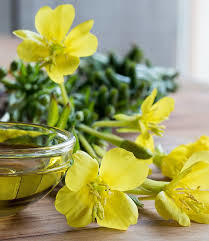
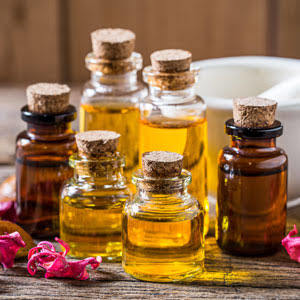
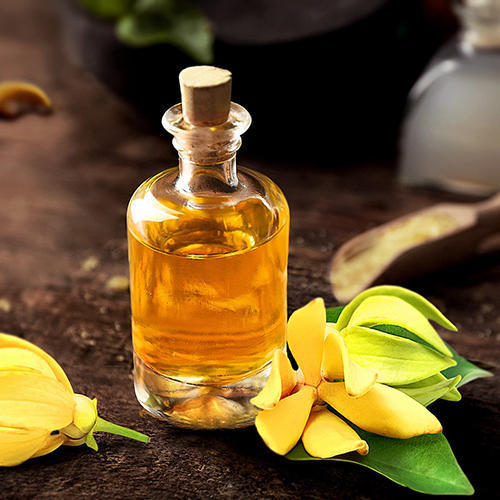
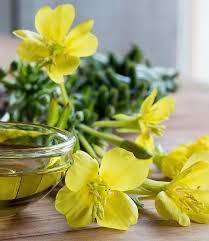
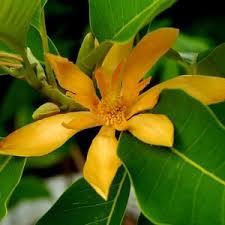
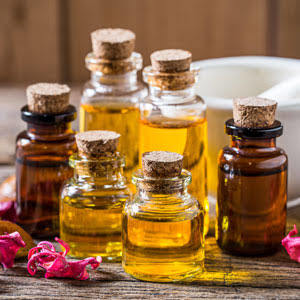
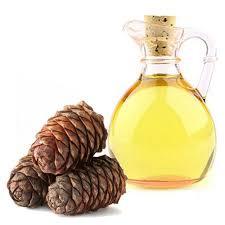
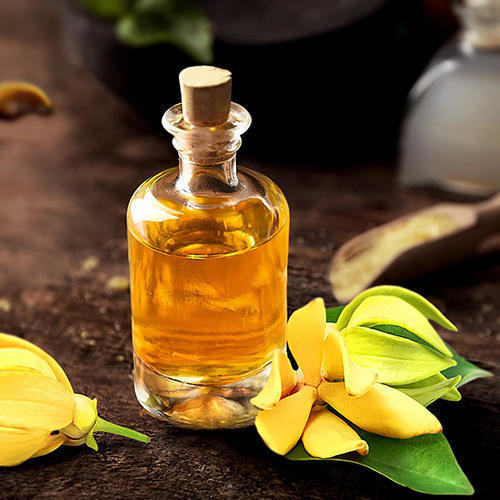
Essential Oils
Product Details:
- Storage Store in Cool
- Volume Kilogram(Kg)
- Odour: Aromatic, Fresh
- Appearance Oily Liquid
- Purity 100% Pure
- Raw Material Flowers Resin Wood Peel Bark Rhizome Leaves Root Seeds Berries
- Product Type Pure Essential Oils
- Click to View more
Essential Oils Price And Quantity
- 500.00 - 12000.00 INR/Kilograms
- 1 Kilograms
Essential Oils Product Specifications
- Store in a cool, dry place away from sunlight
- Flowers Resin Wood Peel Bark Rhizome Leaves Root Seeds Berries
- Aromatic, Fresh
- Kilogram(Kg)
- Store in Cool
- Pure Essential Oils
- Oily Liquid
- 2 Years
- Orange Cinnamon Almond Sandal Wood Lavender Frankincense Rose Peppermint Valerian Jasmine Chamomile Lemon Cedar Spearmint Celery Allspice Juniper Anise Cumin
- 100% Pure
Essential Oils Trade Information
- Bangalore
- Western Union Cash Advance (CA) Telegraphic Transfer (T/T) Cash in Advance (CID)
- 25000 Kilograms Per Year
- 2 Days
- Yes
- Contact us for information regarding our sample policy
- 25 Gms, 100 Gms, 250 Gms, 500 Gms, 1 Kg, 5 Kgs Aluminium bottles and Cans 30 Kgs & 200 Kgs HDPE Cans & Drums
- Asia Australia Central America North America South America Eastern Europe Western Europe Middle East Africa
- All India
- ISO 9001 : 2015 Certified
Product Description
Essential Oils
Essential oils are highly concentrated extracts from plants,herbs and flowers. There are more than 300 types of oils that can be extracted.The term "100% pure and natural essential oil" is used to describe oils that contain only the extract of a particular plant. They are 75-100 times more potent than dried herbs and should be used with care. They are also sensitive to sunlight and should be stored in dark bottles and kept in a cool area.
These oils have distinctive therapeutic, psychological and physiological properties that improve health and prevent illness. All essential oils have unique healing and valuable antiseptic properties. Some oils are anti-bacterial, anti- biotic, anti-inflammatory, pain-relieving, hormone regulating, anti-depressant, stimulating, relaxing and expectorating. Some support digestion and have diuretic properties too.
Essential oils get absorbed into our body and exert an influence on it. The residue gets dispersed from the body naturally. They can also affect our mind and emotions. They enter the body in three ways: by inhalation, absorption and consumption.
Some of them are light liquids, insoluble in water and evaporate instantly when exposed to air. It would take 100 kg of Lavender to yield 3 kg of Lavender oil; and 8 million Jasmine flowers to yield barely 1 kg of Jasmine oil. Some of these aroma oils are very expensive. They are used singularly or in combination to bring about restorative and curative processes in the mind and body, offering a gentle alternative to medicinal drugs.
Other Products in 'Essential Oil' category
 |

 08045475305
08045475305



















